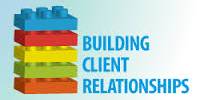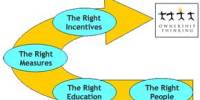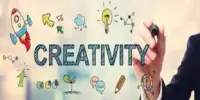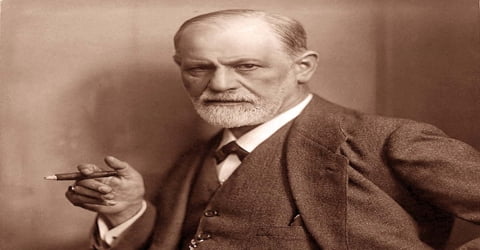Effective communication helps us better understand a person or situation and enables us to resolve differences, build trust and respect, and create environments where creative ideas, problem solving, affection, and caring can flourish. As simple as communication seems, much of what we try to communicate to others—and what others try to communicate to us gets misunderstood, which can cause conflict and frustration in personal and professional relationships.
Effective communication can improve relationships at home, work, and in social situations by deepening your connections to others and improving teamwork, decision-making, and problem solving. It enables you to communicate even negative or difficult messages without creating conflict or destroying trust. Effective communication combines a set of skills including nonverbal communication, attentive listening, the ability to manage stress in the moment, and the capacity to recognize and understand your own emotions and those of the person you’re communicating with.
While effective communication is a learned skill, it is more effective when it’s spontaneous rather than formulaic. A speech that is read, for example, rarely has the same impact as a speech that’s delivered (or appears to be delivered) spontaneously. Of course, it takes time and effort to develop these skills and become an effective communicator.
















